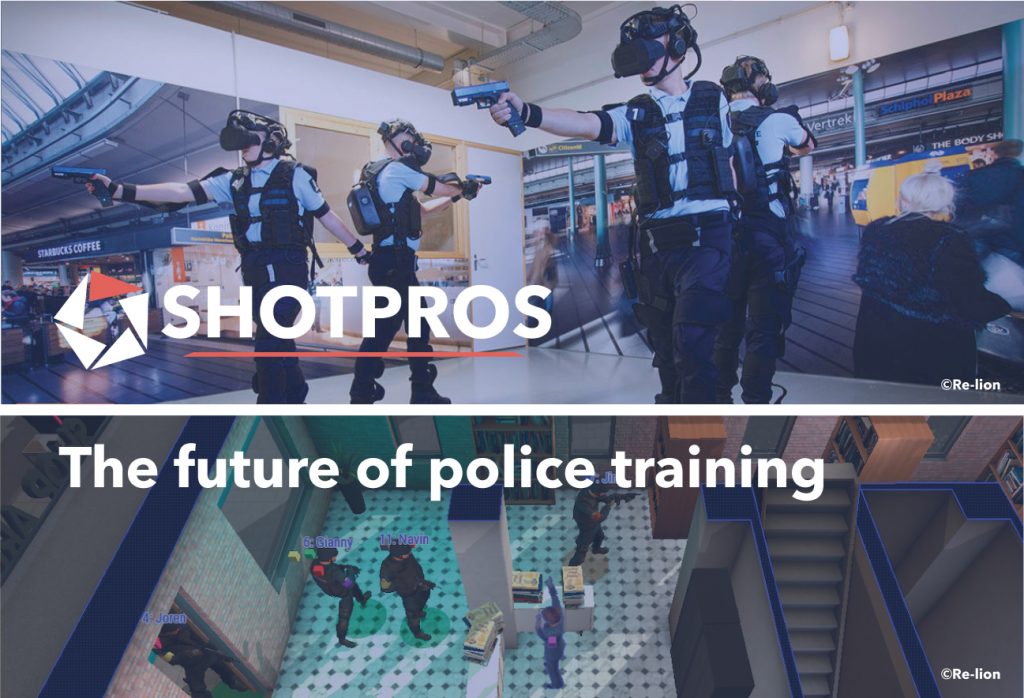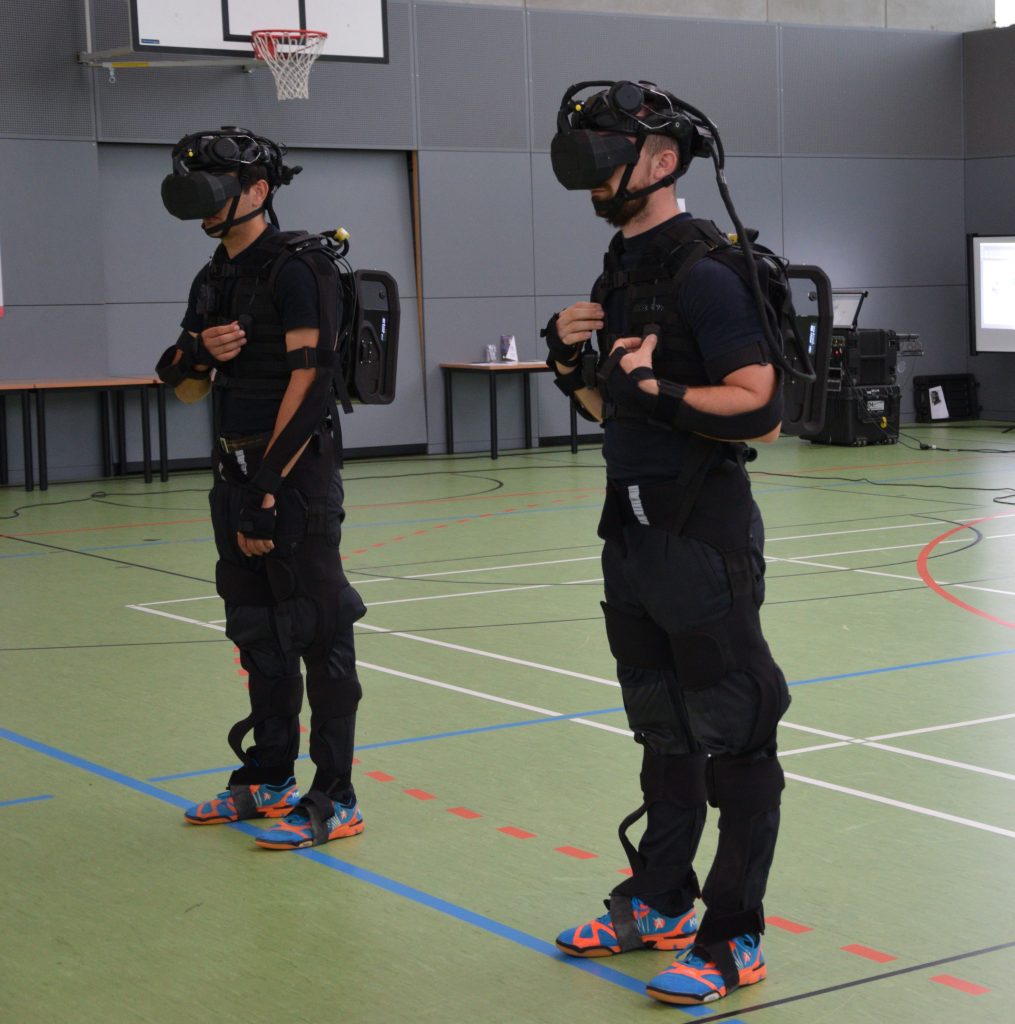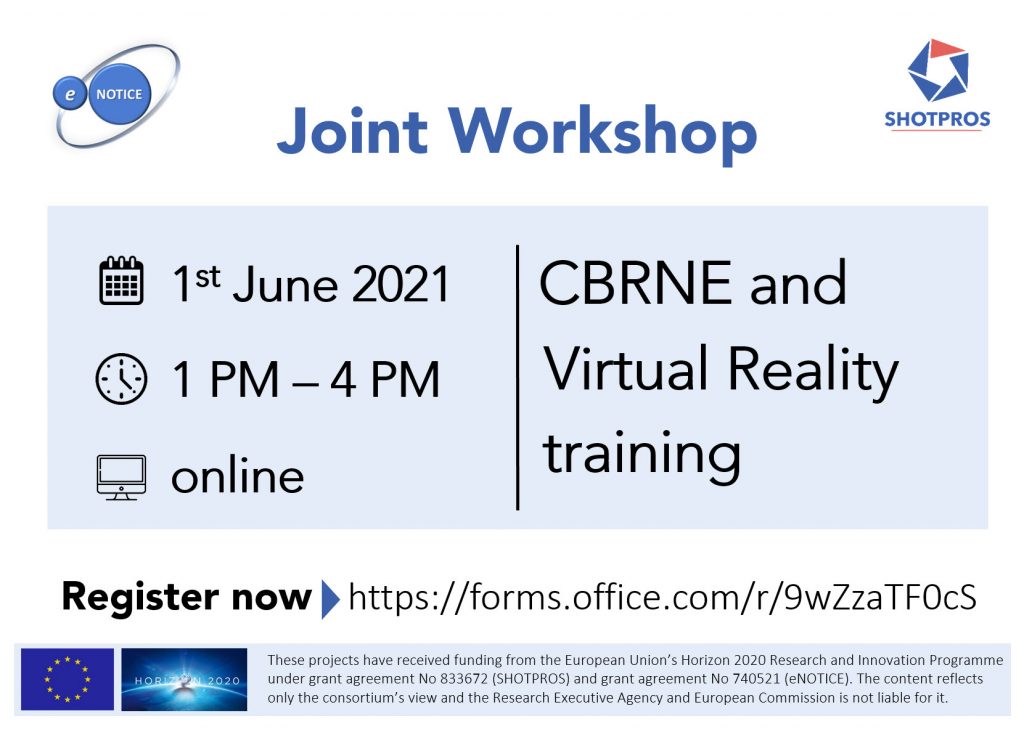by Ortwin Maetzing, Manuel Kriesch (Police NRW)
The field of mental training has been used for a long time in top-class sport, medicine and in a wide variety of approaches to stress management. For this reason, the NRW police is examining the effectiveness of this approach in preparing for attack scenarios with a terrorist background. As police officers are under a lot of psychological pressure, the use of various mental training exercises increases their competences and thus optimises the personal safety of the police officers in the field. It is a basic psychological assumption that through the application of mental training, people can improve physical, mental and emotional competences as well as their interaction with each other.
To be able to call up the required performance in a complex operational situation under high stress, a well-developed mental strength is required. Every decision that police officers have to make, determines the success of the operation and, in extreme situations, even life and death. For these reasons, these elements of mental training have already been systematically integrated into the basic and advanced training of the NRW police. To be able to support each police officer individually, the forces are offered a test tool to create their individual mental performance profile. This tool originally comes from the area of police special units and has been adapted to the target group “police”.
“In general, mental training can be split in 4 core competencies: Emotional competence, Stress management, cognitive competence and Motot performance.”
Emotional competence
Humans are born with the ability to feel, which is generally referred to as emotional intelligence. For many people, it is an unconscious competence, which often leads us to believe that we cannot or do not need to work on our emotional abilities any further. However, if we understand how emotions can be specifically controlled and emotional competencies can be developed and trained, we will realise that our emotions and our mind complement each other excellently. Emotions are of great importance for making important decisions in critical situations.
Examples of emotional competencies are:
– Intuition
– Self-efficacy expectation
– Empathy ability
– Emotion processing
– Emotion control
Each of these examples can be trained purposefully through the right mental training technique.
Stress management
Stress arises from the subjective perception of an individual and describes a state in which the individual shows specific or non-specific mental and physical reactions due to internal or external stimuli together with arising feelings and thoughts. Depending on the characteristics of the reactions that arise, the balance of this person can be disturbed to such an extent that the necessary abilities to cope with a situation cannot be called upon. An extremely high level of stress can even lead to a temporary inability to act on the part of the police forces, which can have serious consequences and can determine the success or failure of the operation.
It is therefore necessary to develop strategies that can improve the individual stress competences of police officers. Only a high level of resilience and the ability to regulate stress situationally will enable police officers to call upon and use the necessary physical, cognitive and emotional abilities, and skills in the best possible way, even in exceptional police situations. In training, we distinguish between strategies that promote long-term and stable mental resilience and those that serve for short-term stress regulation when stress symptoms or perceptual disturbances occur. Both types of mental strategies are used within the framework of the operational training of the NRW police to give every police officer the opportunity to systematically train the individual stress competences that are important for the case of deployment. Examples of mental strategies for improving stress skills:
– mindfulness
– breathing techniques
– meditation
– affirmations / subvocal training (self-talk techniques)
– strengthening willpower
– activation techniques
Cognitive competence
When it comes to the demands placed on police officers, the elements of cognitive competencies that can have a significant influence on the retrievable performance of police forces in particularly difficult operational situations are especially important, such as – the ability to perceive:
– perceptual or attentional control,
– the ability to concentrate,
– memory capacity and
– the ability to think and solve problems.
These competences are the basic prerequisite for acquiring the necessary adaptability and cognitive flexibility for complex, unpredictable situations, so that emergency forces can react to possible new stimuli in a confident and professional manner.
Motor performance
There are mental training techniques like visualisation that enable officers to train certain motor skills even without moving. This can be described as an intense imagination of a sequence of movements. In concrete terms, this means that even the intensive thoughts of a movement sequence evoke similar physical reactions as the practical execution of the movement itself and thereby train the motor performance additionally.
Download the full article in ENG or DE here.





